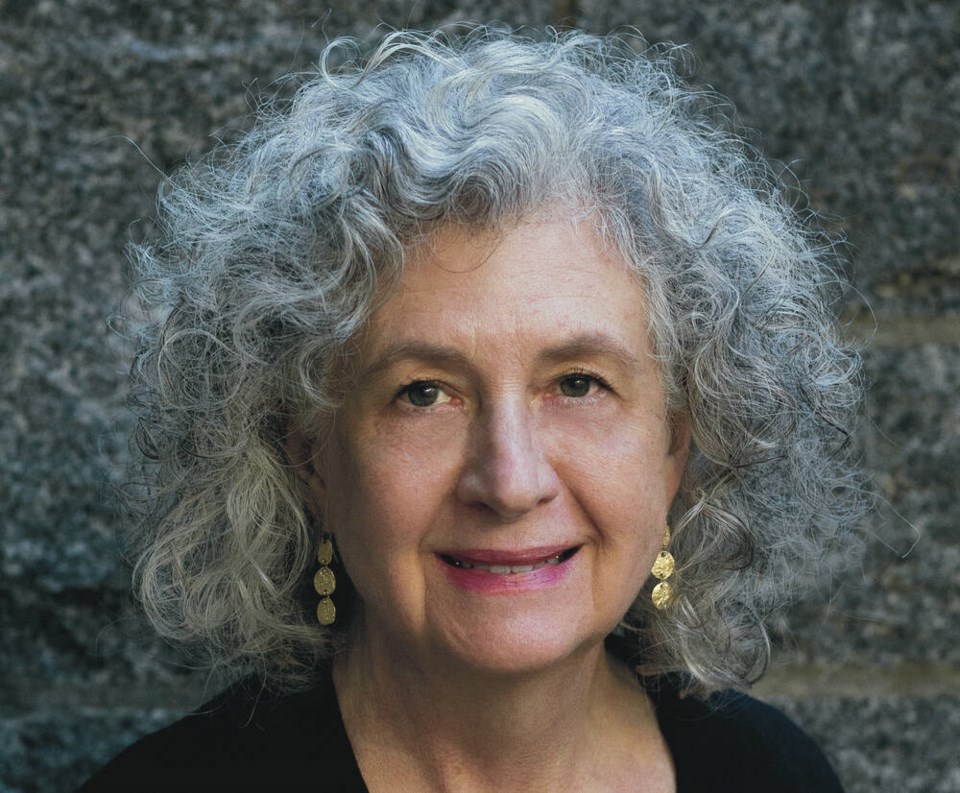Mary Ann Cummings had to wait four months for radiation treatment following breast cancer surgery last fall, three months longer than the national benchmark.
Cummings said she would have opted for free radiation treatment in the U.S., something offered to other eligible breast cancer patients in B.C. this month, if she’d had the opportunity.
Starting Monday, up to 50 breast and prostate cancer patients each week can opt to go to one of two clinics in Bellingham, Washington for radiation therapy, typically for five days, with all expenses paid by the province at an estimated annual cost of up to $39 million. The program is expected to run for the next two years.
Cummings, who lives in Vancouver, had breast cancer surgery on Oct. 20, 2022, and waited for radiation treatment until Feb. 27, nearly 19 weeks.
The Canadian Cancer Society says on its website it typically takes three to four weeks to heal after surgery and research shows radiation therapy can be given up to eight to 12 weeks after surgery. The “recommended maximum” wait, according to the Canadian Institute of Health Information, is 28 days or four weeks.
But Cummings said everyone involved, surgeon, medical oncologist and radiation oncologist, suggested it was OK if radiation began before 20 weeks after surgery.
“If I’d been told that it should be done within six weeks, and that the only way was to go to the U.S., I probably would have done that,” said Cummings. “I was relying on them. They should have told me anything beyond six weeks is dicey. I could have gone to the states myself.”
B.C. Health Minister Adrian Dix has said 95 per cent of British Columbians had radiation therapy within six weeks in 2022-2023, but leaked BC Cancer data suggests higher demand in recent weeks and worsening wait times.
Cummings questions whether the 95 per cent figure is still accurate. “Am I really an outlier? And if so, why would I be placed in the five per cent not attended to within six weeks?”
She wonders if she ended up at the bottom of the list because of her age — 71. “I just don’t know, but something does not add up.”
The Health Ministry says of those who wait longer than six weeks, 50 per cent are treated within 7.5 weeks, and 75 per cent within 9.5 weeks.
“We carefully triage and re-triage patients waiting for appointments and treatments to ensure that those in urgent need of care are seen as soon as possible,” a Health Ministry spokesperson said.
Critics have cited inadequate compensation for workers and a shortage of equipment — such as MRIs, CT scanners, and linear accelerators, which deliver the radiation treatment — as the main challenges when it comes to timely radiation treatment.
B.C. is trying to recruit and retain radiation technologists and oncologists, increasing compensation for both specialties, and offering more training seats, bursaries and scholarships.
Sarah Erdelyi, provincial manager of the Canadian Association of Medical Radiation Technologists in B.C., said in a statement that British Columbians should be prepared for the situation to take several years to resolve.
The association said current shortages are the culmination of under-investment in the field and the workforce’s reaction to ever-building workload, stress and burnout.
In B.C., about 14,000 people receive radiation therapy each year, with that expected to increase by 1,000 new radiation patients over the next two years.
Breast and prostate patients are waiting the longest for radiation treatment, said Dix.
But many patients with breast and prostate cancer can be treated with a total of five days of radiation, the ministry says. “This is a relatively new thing to do,” said a Health Ministry spokesperson. “The old way was to give three to six weeks of daily treatment, five days a week.”
In terms of who will be sent to Bellingham, the ministry says it will prioritize those requiring shorter, sequential radiation treatment, and most will receive five “fractions” of treatment on consecutive days.
The province estimates it will send 4,800 breast and prostate cancer patients for radiation therapy in the U.S.
The cost of delivering the treatment in B.C. is about $3,854, but the price in the U.S. is almost triple that at $12,277, according to the ministry.
As for travel costs, the ministry says its estimates were based on modelling that factored in a patient and a caregiver staying in Bellingham for five days, with half the patients using ground transportation and half using air transportation.
Patients will be required to travel to Washington state for a consultation with a radiation oncologist as well as a CT simulator planning appointment, expected to occur the same day. Once planning is completed, the patient will return to Bellingham a few days later.
Dix has long been critical of private health care but said he had to act immediately in the face of increasing radiation-therapy wait times in B.C.
>>> To comment on this article, write a letter to the editor: [email protected]



